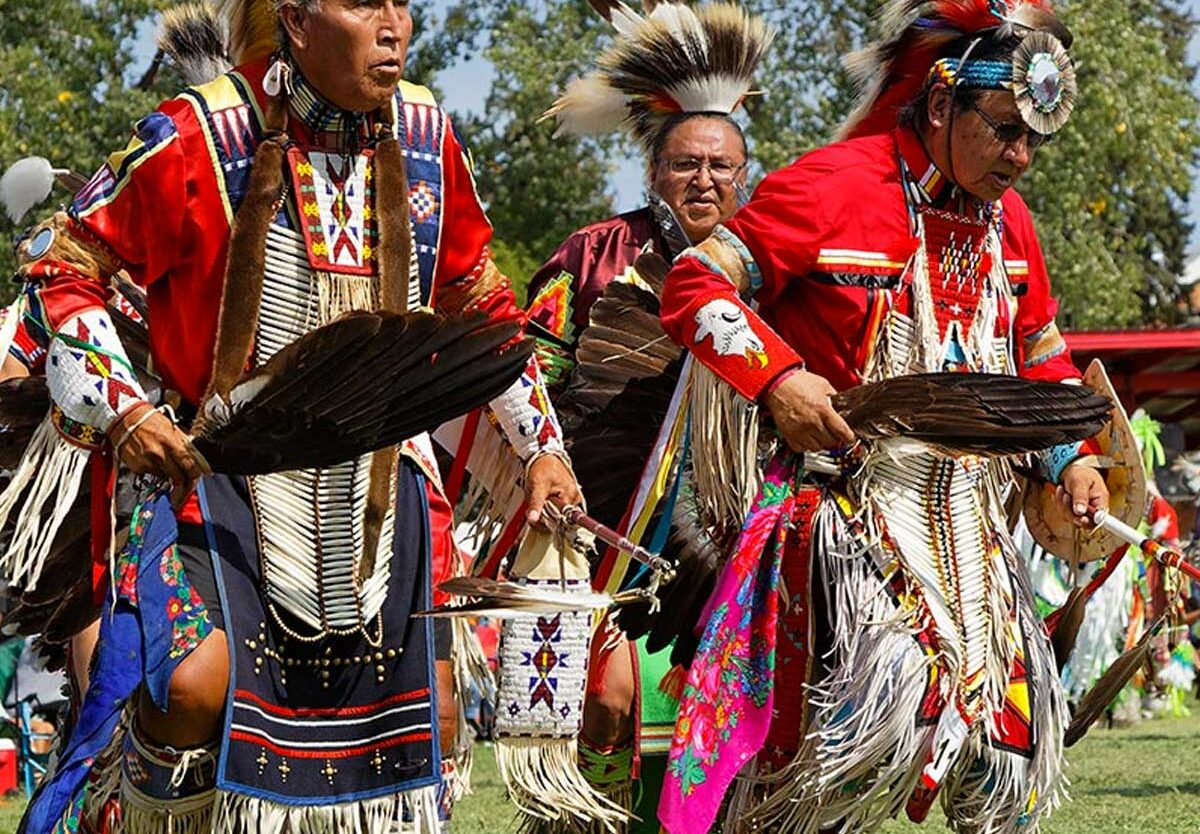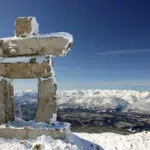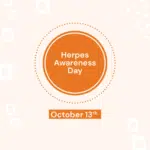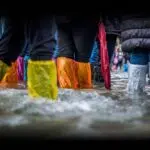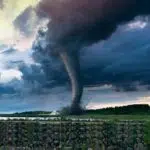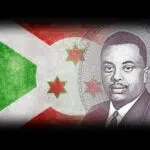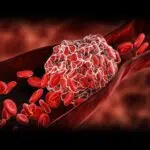Indigenous Peoples’ Day is celebrated on the second Monday of October, on October 13 this year, to honor the cultures and histories of the Native American people. The day is centered around reflecting on their tribal roots and the tragic stories that hurt but strengthened their communities.
History of Indigenous Peoples' Day
The first seed of Indigenous Peoples’ Day was planted at a U.N. international conference on discrimination in 1977. The first state to recognize the day was South Dakota in 1989. Berkeley, California, and Santa Cruz followed suit.
Although the day was still considered Columbus Day up to 1937, many people began calling it Indigenous Peoples’ Day to celebrate the rich culture and the lives of the Native American people.
For the Native Americans, Columbus Day was always hurtful as it glorified the violent past constituting 500 years of colonial torture and oppression by European explorers like Columbus and those who settled in America. Indigenous Peoples’ Day draws attention to the pain, trauma, and broken promises that were erased by the celebration of Columbus Day. Before his arrival, the indigenous folk were successful self-sufficient communities that sustained life for thousands of years.
Year by year, the movement to change Columbus Day to Indigenous Peoples’ Day spreads to more and more states, towns, and cities across the United States of America.
Indigenous Peoples’ Day celebrates, recognizes, and honors the beautiful traditions and cultures of the Indigenous People, not just in America, but around the world. Their way of life and culture carries wisdom and valuable insights into how we can live life more sustainably.
Today, 14 U.S. states celebrate Indigenous Peoples’ Day and not Columbus Day, as well as the District of Columbia. More than 130 cities including Arlington, Amherst, Cambridge, Brookline, Marblehead, Great Barrington, Northampton, Provincetown, Somerville, and Salem also celebrate Indigenous Peoples’ Day. Many organizations are seeking to address the lack of access indigenous people have to higher education and have created scholarships to help address this.
Indigenous Peoples' Day timeline
A group of Native American tribes from Illinois, Great Lakes, and Ohio successfully persuade the British to change policies in favor of the Native Americans.
The Cherokee tribe is ordered to leave their tribal lands by President Andrew Jackson, taking the path now called the Trail of Tears.
Wovoka, a Native American, has a mystical experience and makes others join him in a ghost dance ritual for peace and prosperity.
Native Americans in the U.S. are granted U.S. citizenship.
Indigenous Peoples' Day FAQs
When did Columbus Day become Indigenous Peoples’ Day?
In 1992, Columbus Day became Indigenous Peoples’ Day as a sign of protest against the massacres that the Native Americans suffered at the hands of the Europeans.
How does Indigenous Peoples’ Day help our community?
The day helps as a remedy for the harmful effects of racism in the U.S. and the inaccurate historical facts that have been spread to justify white supremacy and colonization.
Why shouldn't we celebrate Columbus Day?
Celebrating Columbus Day and Columbus himself goes against the very essence of indigenous nations as he was the man who began the genocide of the Native Americans.
How to Celebrate Indigenous Peoples’ Day
Read indigenous literature
Some must-read books include “A Short Account of the Destruction of the Indies” by Bartolomé de las Casas, “1491: New Revelations Of The Americas Before Columbus” by Charles C. Mann, “An Indigenous People's History Of The United States” by Roxanne Dunbar-Ortiz, and “Bury My Heart At Wounded Knee” by Dee Brown.
Attend an event
Attend an event hosted by a group of Native Americans or a Native American organization. Learn more about how you can be of assistance with any issues that the group is facing.
Host a movie screening
Watch a movie with your friends and have a discussion afterward. There are a plethora of films to choose from like “Dances with Wolves” (1990), “Songs My Brothers Taught Me” (2015), “Gather” (2020), and “Indian Horse” (2017).
5 Facts About Indigenous Peoples’ Day
Female warriors
Native American women fought alongside men in battles, the most popular among them being the Buffalo Calf Road Woman of the Northern Cheyenne tribe.
Popcorn
The Indigenous Americans were the first to domesticate the strains of maize that produced popcorn thousands of years ago.
Maria Tallchief
The first Native American (and American) to dance at the Bolshoi Theatre in Moscow and with the Paris Opera Ballet was Maria Tallchief.
Hockey
The Native American tribes of Foxes, Saux, and Assiniboine played a game called shinny, which is where hockey came from.
The sequoia tree
The sequoia tree is named after the revered Cherokee leader Sequoyah, who created an alphabet for his people.
Why Indigenous Peoples’ Day Is Important
It celebrates the original inhabitants
Indigenous Peoples’ Day is a holiday that celebrates the Native Americans, the original inhabitants of North America.
It recognizes the indigenous cultures
Indigenous Peoples’ Day honors the beautiful indigenous traditions, cultures, and lives all around the world.
It stands in solidarity with the indigenous people
We take a stand for and support the indigenous people on this day. We should also offer our support to those who invest and uplift the indigenous communities.
Indigenous Peoples' Day dates
| Year | Date | Day |
|---|---|---|
| 2024 | October 14 | Monday |
| 2025 | October 13 | Monday |
| 2026 | October 12 | Monday |
